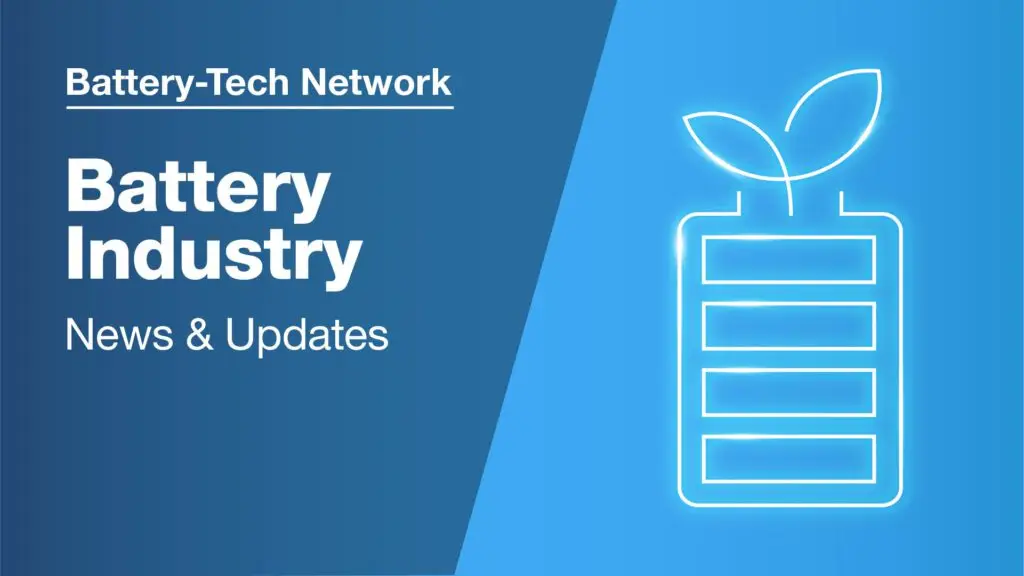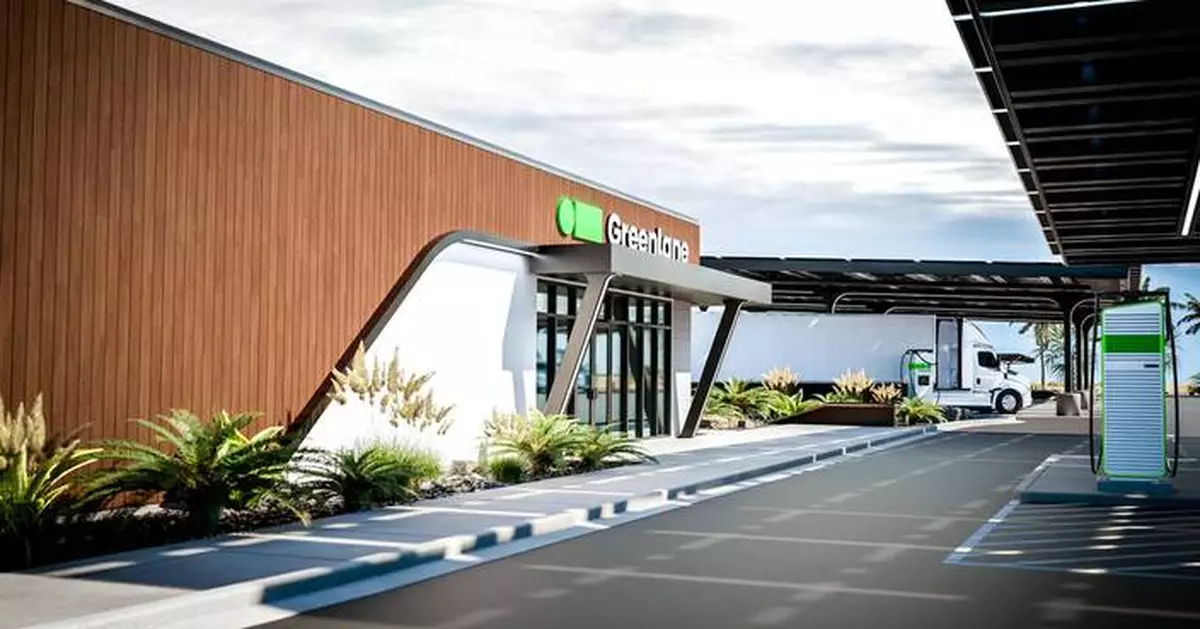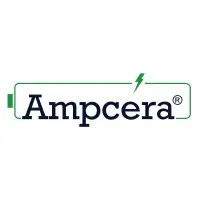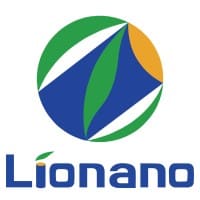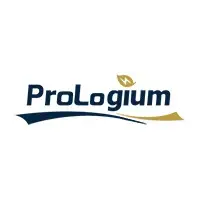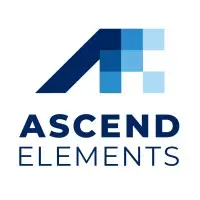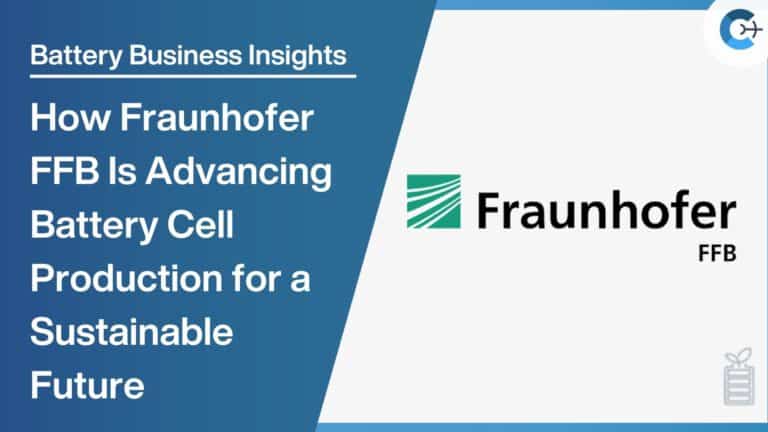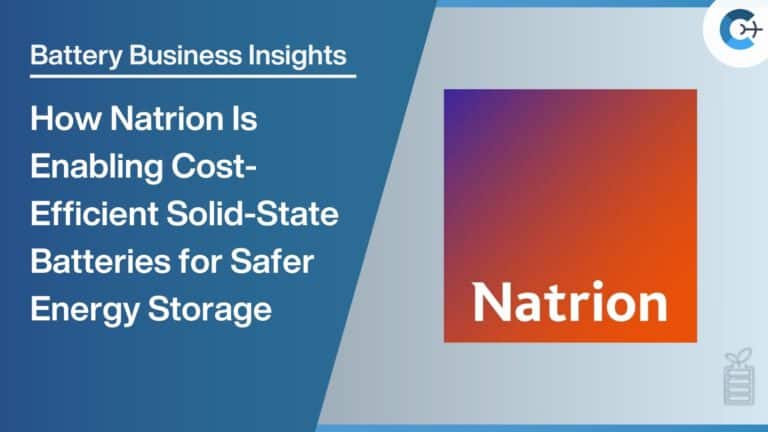The European Union’s battery sector faces significant obstacles in competing with China’s advancing battery technology. Recent market data indicates that Chinese manufacturers are producing Lithium Iron Phosphate (LFP) cells at a cost of $55/kWh, while European Nickel Manganese Cobalt (NMC) cells cost approximately twice as much.
This cost differential has prompted discussions among EU officials and industry stakeholders about the sustainability of the European battery manufacturing industry. The lack of significant tariffs on imported cells, combined with production challenges faced by European companies, has raised concerns about the long-term viability of some manufacturers in the face of increasing market pressures.
Policy Options and Strategic Decisions
European policymakers are evaluating strategic options for the battery sector. These include considering whether to implement measures to support domestic production or to allow greater market access for lower-cost imported products. Both approaches have different implications for the region’s economy, employment landscape, and clean energy transition goals.
Proponents of market opening suggest that access to more affordable batteries could potentially accelerate the adoption of electric vehicles and expand renewable energy storage capacity, potentially reducing dependence on fossil fuels. However, this approach could impact European manufacturing employment and technological self-sufficiency.
Future Implications for the Battery Industry
In contrast, the United States has adopted a more protective strategy, imposing import tariffs on Chinese products and providing significant subsidies for domestically produced batteries through recent legislation. This approach has stimulated investment in U.S. battery production, but has resulted in higher costs for consumers.
European policymakers are considering various policy options to address the challenges facing their battery industry, including
- Developing carbon footprint regulations that could potentially benefit cleaner, locally produced batteries.
- Accelerating the allocation of a €3 billion fund to support battery research and development.
- Considering an investigation into Chinese battery imports for potential subsidy-related trade issues.
The policy decisions made in the near future are likely to have a significant impact on Europe’s position in the global clean energy market and its competitiveness in the evolving battery technology sector.

